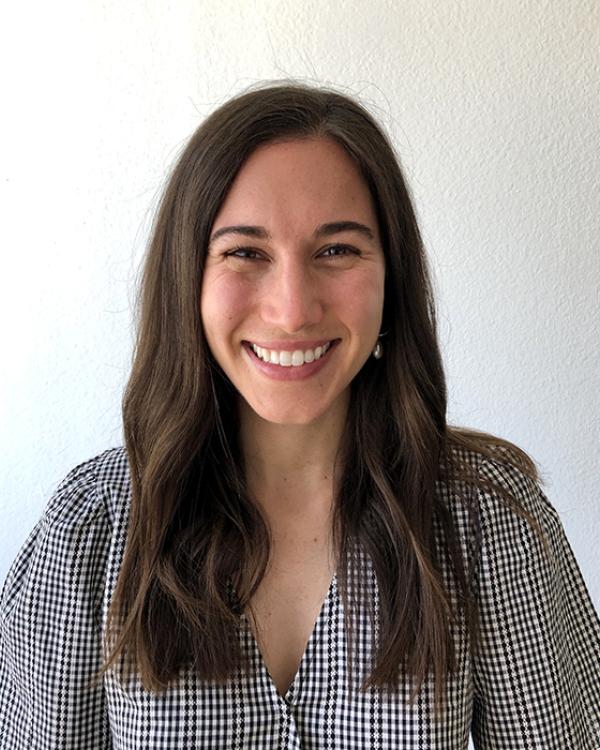
Daina Tagavi graduated with a Ph.D. in Clinical Psychology this year. Her dissertation is titled, “Parent-Child Psychophysiological Synchrony in Early Autism Intervention: A Pilot Investigation,” and her research focuses on ASD in children and the treatment options available. After graduating, she will be taking a Fellowship Position in Autism Early Intervention at the University of Washington.
GGSE: Can you tell me a little more about your dissertation? What are you most proud of?
Tagavi: My dissertation examines the efficacy of an adapted version of Pivotal Response Treatment for ASD aimed at incorporating social reinforcement into the treatment and specifically training parents on these techniques. Standardized assessments and video probes were administered pre- and post-intervention to obtain preliminary outcome data on child development, the parent-child bond, and parent fidelity of implementation. Physiological data was collected from parent-child dyads during brief family interaction videos to assess for psychophysiological synchrony. The study aims to help improve overall developmental functioning in young children with ASD, as well as help parents develop stronger parent-child attunement, a repertoire of intervention, and basic parenting skills associated with enhanced parent-child connection, improved family dynamics, and ultimately, optimized child development.
I am most proud of the support we were able to offer families through this project and the information we learned about physiological processes in parents and children so that we can continue to utilize this unique measure in autism assessment and intervention in the future.
GGSE: What is one thing about your research you want everyone to know?
Tagavi: I want everyone to know how different children with autism truly are and how important it is to keep this heterogeneity in mind when working with individuals with ASD. I planned to analyze group data for my project and found it much more fruitful in this pilot study to examine each individual separately and see how specific individual and family characteristics influence how a child responds to our intervention across a variety of outcomes. Knowing this will help me conceptualize my research projects in this area to reflect the unique presentations across ASD and how we can creatively intervene to help this population meet their goals and achieve a desirable quality of life.
GGSE: Tell me about your postdoctoral fellowship at the University of Washington: What will you be doing there?
Tagavi: During my fellowship, I will be working on a NIH-funded multi-site R01 examining the implementation of an early intervention for autism in community settings across the country. I will be conducting telehealth evaluations with families, providing training in evidence-based practices to community providers, and working with our team to disseminate the results of our findings through peer-reviewed publications and international conferences.
GGSE: What do you hope to do after your fellowship?
Tagavi: After my fellowship, I hope to work in an academic medical setting engaging in research and clinical work with individuals with ASD.
GGSE: Is there anyone at the GGSE you'd like to thank?
Tagavi: I would like to thank my advisors, Dr. Ty Vernon and Dr. Bob Koegel, for their continued support and guidance throughout my time in CCSP. I would also like to thank Dr. Miya Barnett for providing me mentorship and support outside of my immediate area of autism and inspiring me to continue to explore other interests I have such as PCIT and implementation science. I would also like to thank my fellow Koegel Autism Center labmates and the life-long friends I have made during my time in the program.